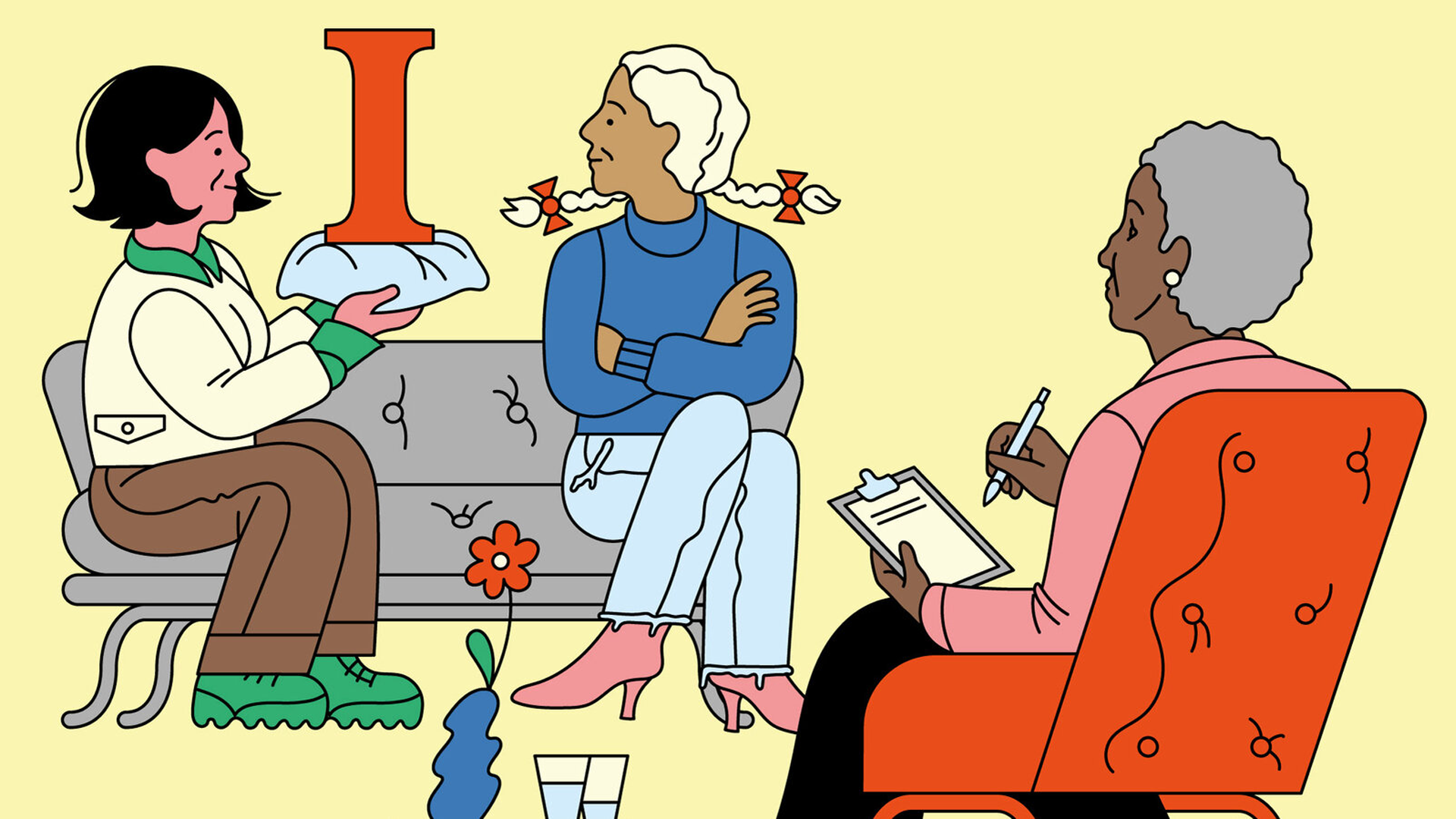The Power of I Statements

'I' statements help you speak up, stay calm, and build better relationships—one sentence at a time.
The Dive
Let’s be honest—no one likes being blamed. When someone says, 'You never listen!' it feels like a punch, not a conversation. That’s why 'I' statements matter. They help you talk about what’s going on inside you instead of accusing someone else.
'I' statements start with—you guessed it—'I.' They focus on your feelings and experiences. For example: 'I feel left out when you start the game without me because I want to be included.' Notice how that’s way more likely to spark a real convo than 'You’re so rude!'
There’s a formula to follow: I feel [emotion] when [situation] because [reason]. This helps you explain your side calmly and clearly. It also helps the other person understand you instead of feeling like they need to defend themselves.
Why does this matter? Because when we feel heard, we’re more likely to listen too. 'I' statements open the door to empathy, not arguments. They make it easier to solve problems and keep relationships strong.
Here’s what 'I' statements don’t do: they don’t blame, guilt, or try to control the other person. They’re not magic wands that fix everything. But they do create space for healthier, more honest communication.
Think of it like this: 'I' statements are like using a flashlight to show how you feel, instead of using a spotlight to shine blame on someone else.
Sure, it might feel awkward at first. You might slip up and say, 'You never...' before you catch yourself. That’s okay! With practice, speaking for yourself instead of pointing fingers gets easier—and way more effective.
Whether you’re dealing with a friend who talks over you, a sibling who won’t share, or a classmate who teases, an 'I' statement gives you a better chance of being understood—and that’s the first step to solving any problem.
Why It Matters
Using 'I' statements teaches kids to take responsibility for their feelings without blaming others. This one simple shift can transform how they handle conflict, speak up for themselves, and build stronger relationships. In a world where miscommunication often leads to arguments and hurt feelings, learning to say 'I feel… when… because…' gives students a lifelong tool for clarity, connection, and kindness.
?
Why do 'I' statements help people listen better?
What’s the difference between saying 'I feel hurt' and 'You hurt me'?
Can 'I' statements be used with adults, like teachers or parents?
What happens if someone doesn’t respond kindly to your 'I' statement?
Why is it important to take responsibility for your own feelings?
Dig Deeper
This video humorously demonstrates the communication skill known as 'I' statements- then explains how they make a difference in your well-being.
Related

Active Listening: The Power of Paying Attention
Active listening isn’t just about hearing—it’s about understanding. When we listen with our whole body and mind, we build stronger relationships, reduce conflict, and show people they matter.

Feelings & Conflict: Understanding Emotions in Disagreements
Conflict isn’t just about facts—it’s about feelings. Big emotions like worry, anger, and fear can shape how we respond in a disagreement. Understanding these feelings is the first step to handling conflict in a healthier way.

Practicing Compassion: Responding with Kindness Instead of Reacting
Compassion is empathy in action — the choice to respond with kindness even when it’s easier to snap back. In conflict, compassion is what turns reaction into thoughtful response.
Further Reading
Stay curious!
